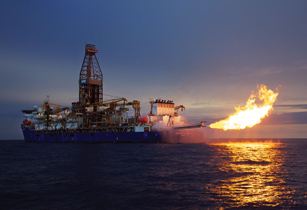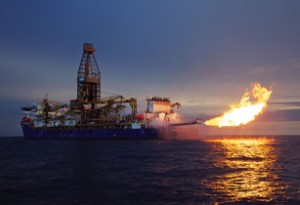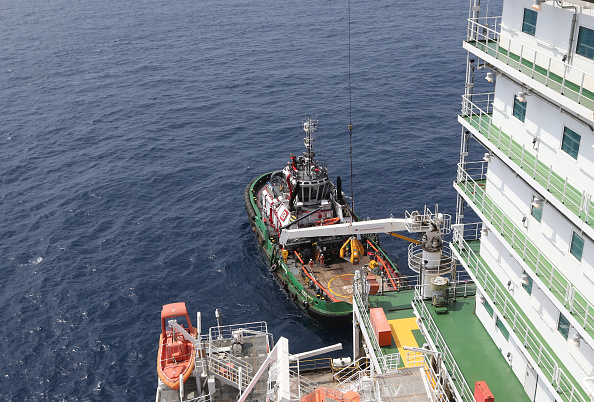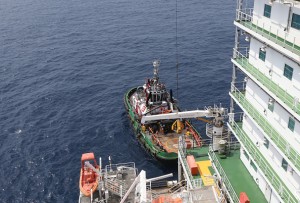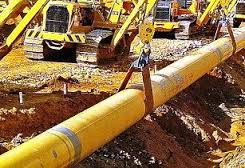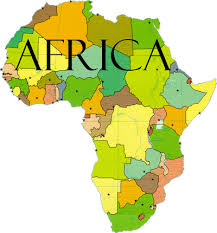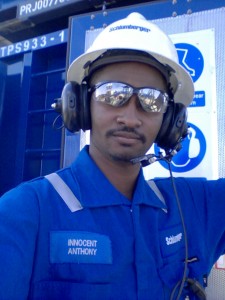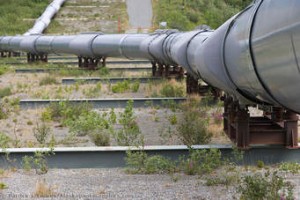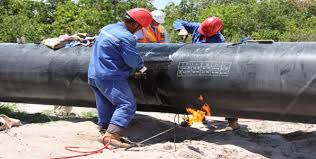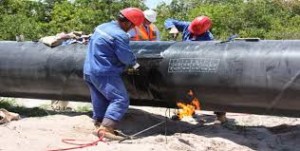10 Little Know Ways To Make Huge Cash In Tanzania’s Oil and Gas
Want business in the oil and gas? Wondering where to put money in Tanzania’s gas?
Are you uncertain how to profit from the oil and gas business in Tanzania?
Does capital keep you down to start the gas business?
If the response to any of the above inquiry is Yes, then wipe away your tears.
Yes, you can say that again “ I WIPE AWAY MY TEARS”
As I point you to the 1o best deals to build wealth from oil and gas in Tanzania.
Let’s face them
1.Oil and Gas Writing
If you passionate about writing. This is the business for you to profit. You can make money writing oil and gas article for the Local newspapers, and oil and gas start-up .
Fortunately, Tanzania’s magazine pay Tsh 30,000- 50,000 per articles within 30 days of publication. If you write 4 article you earn Tsh 50,000 × 4 =Tsh200,000.
But if you’re fast enough to craft 10 article . You make Tsh 50,000×10 = Tsh500,000.
The amount you make doesn’t matter . But is the peace of mind no bosses around. You get out the bed in the morning any time you like.
You make some tea. You grab your laptop. You settle in on the couch and start your work in your pajamas.
You ‘re own boss. So nobody gets tells you what to wear. Above all, every article you write transforms somebody’s life.
2:Oil and Gas pipeline security business.
We do love when transport gas from Mtwara to Dar es salaam.
And I am thrilled with government strategy to run the oil pipeline from Uganda to Tanzania .
Do you know why? Because the pipeline must be protected from the attack and leakage.
And is the point you make massive income when you protect pipeline from threat with security experts. You should hire local communities live near the pipeline passes.
Read:3:Reasons why you must Invest In Tanzania’s gas
3:Sell Oil and gas equipment
Oil and gas involve in searching for and drilling oil and gas need a broad range of equipment and machine.
So supplying drilling bits, Casing pipes. Drilling string you stand much chance of reaping good profit
4:Buy oil and gas company stock
Is the cool way to make living in Tanzania’s gas as the oil companies sell a share in the stock market.
Oil share is costly and in higher demand. But set a call to a broker will give you a road map for reaching your desire.
5:Oil and Gas Consultancy services
Do you like to meet new people? Have good communication skills and oil and gas training? Then you ought to consider helping people in key issue related oil and gas sector.
The funny thing is this, even without capital yet, you can still start this business at home mom and sell your insight to millions.
6:Developing Oil and Gas software and application
If you love computer programming(coding). Start building and sell software that best fit the oil business.
Do you capable of building software that helps oil and gas operation run safer? If yes, act now and make millions from gas market.
7:Oil and gas cleaning and food services
The biggest portion of Tanzania’s gas is on the deep sea. And many rigs and ships tend to be used in developing natural gas.
Such installations have people who need food stuff and live in clean places.
You make huge cash when you offer cleaning and food service to the oil and gas companies.
8:Run Petroleum Radio/Tv Show.
To raise awareness. We must inform Tanzanians about oil and gas industry. Launch your radio /Tv show that address a key issue in Tanzanian gas.
And you make money from oil and gas players who want to advertise their products and services .
9. Launch Lubrication Oil
Is the lucrative business in Tanzania. The market for this business is huge as the vehicle owners and factories are in serious interest in.
To help their equipment and operation run smoothly. Engine Oil, Automatic transmission fluid, Break fluid and greases are top selling products in lubricant market.
Also Read: The Ultimste Guide To Starat Lubricant Oil Business In Tanzania
10. Start petroleum product transportation
Your job is transporting diesel, petrol kerosene to the various petrol station across the country. And you need to go into this business are: truck, drivers , and the permit from Ewura .
Discover the Oil and Gas business In Tanzania?
It’s Your best Chance to make some real money from Tanzania’s gas .
And it’s not hard as it looks. So what are you waiting for?
Now go out there and make it happen.


